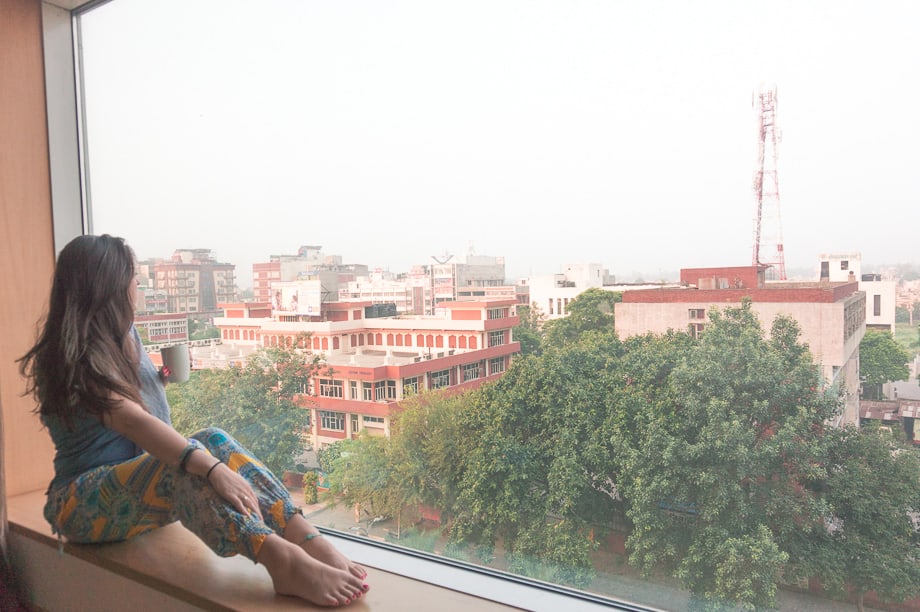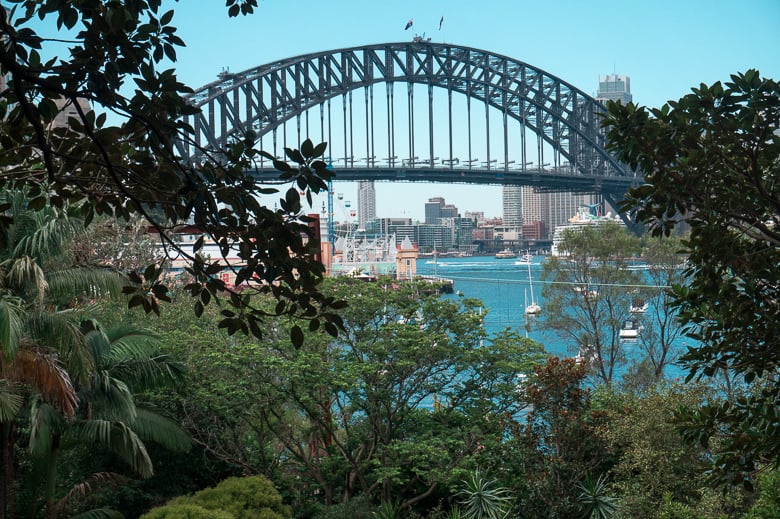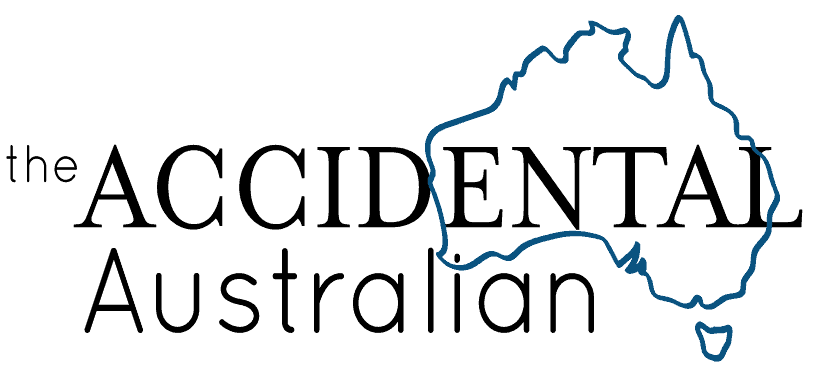I thought it might be interesting for fellow bloggers or anyone curious about how blogging works, what I’ve learned along as I’ve gone along, and what newer bloggers can learn from my mistakes.
Blogging Can Open Doors You Never Thought Possible
Want to fly to India with two days’ notice for a press trip? Want to find yourself scaling the top of the Sydney Harbour Bridge? Never in a million years did I think blogging would open doors to travel opportunities or income, but it has.
Blogging has led me to freelance writing, and I am now proud to say I have written for prestigious publications including Business Insider, Fodor’s, and Atlas Obscura. I am certainly not saying this to brag, but to let you know that, with hard work and determination, anyone can reach goals that they previously never thought were possible.
I am eternally grateful for the opportunities brought to me by my little travel blog, something I will never take for granted. Whether you’re looking to find success with blogging or another passion in life, it’s possible!

Running a Small Business Is Tough
Running a blog means running a small business—you need to become an expert in plenty of skills, including writing, editing, marketing, web design, photography, and social media, to name a few. I look back at some of my earlier blog posts and cringe, but it takes time, trial and error, and a few mistakes to learn what works for you.
The administrative side of blogging is also something I never really thought about it until I was already involved, but tasks such as invoicing, understanding tax as a freelancer, income deductions, and dealing with clients who pay late are all important issues.
I don’t make 100% on my income from blogging, but anyone who runs a small business knows that it often requires long hours for little money, but working for yourself and setting your own hours is the amazing reward.
To succeed, you need to have a passion for what you’re doing (in my case, travel)—otherwise, you’re likely to burn out.

You’re Constantly Learning
When you’re blogging, you’re constantly learning new things. There are always new programs or tech tools to learn, but one of the biggest ones for me is SEO.
In my early days of blogging, I didn’t really know what SEO is and definitely didn’t pay it any attention. Looking back, I wish I had focused more on it from day one, as it would have helped my blog grow sooner.
Social media is another one—crafting the perfect Instagram feed, like these legends, or managing Facebook groups all take time to learn, but are an important part of the overall picture. Social media, for better or worse, has had a huge impact on travel, from how we pack to where we travel.
If you’re growing a blog or business, I’d encourage you to adopt the same mentality. There are plenty of options to learn, network, or expand your skills for free or low-cost, so take advantage.
Is It Tax-Deductible? Maybe
“If you travel all the time, you can tax-deduct all of it, right?”—I hear this a lot. While quite a few travel expenses, and larger expenses like cameras can be deducted, being a travel blogger and writer doesn’t mean everything is free or tax-deductible.
My point is, take the time to work with an accountant in your country who understands self-employed taxes, especially when it comes to blogging and writing. They’ll let you know what you can and cannot deduct, which will help reduce your tax bill as much as possible.
You Have a Responsibility to Your Readers
As a travel blogger, you have a responsibility to be honest with your readers. This is especially true if you’ve worked with a hotel or brand for a campaign, meaning you were comped or paid for your travel experience. This should always be declared, so your readers know whether you paid out of pocket—not only is it the ethical thing to do, it’s a legal requirement in some countries. There are plenty of bloggers and influencers out there, so there’s a lot of competition when readers are deciding who to follow—why should they choose you?
Honesty is important in the context of your travel experiences as well. What did you like about the place, but just as important is what didn’t you like—this helps readers paint the larger picture of what a destination or experience is like. For me, I had a travel experience in Bali that was unsettling, and it somehow became one of my most controversial posts, attracting a lot of attention. However, I don’t regret publishing it as I know it will help others in the same position.
Readers deserve to know the good, the bad, and the ugly, even if your opinion goes against the grain.
…
Are you a blogger, creator, or writer? If so, I’d love to hear what you’d add to the above!

